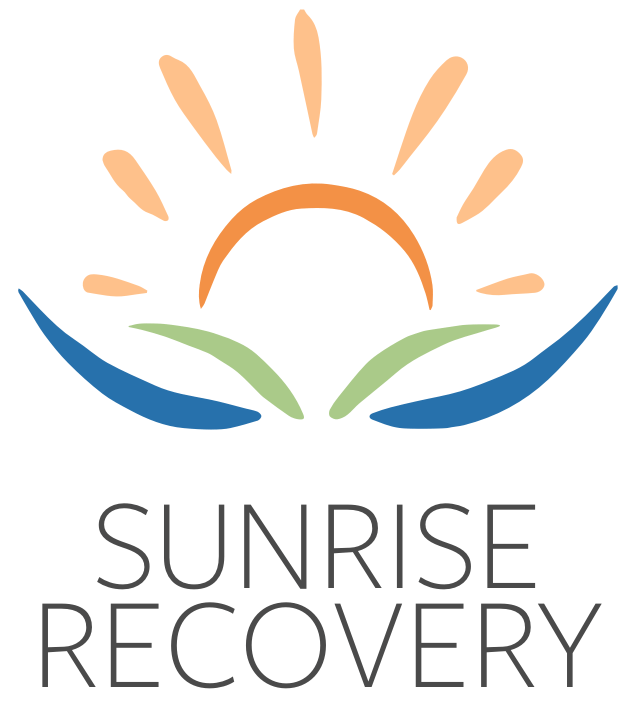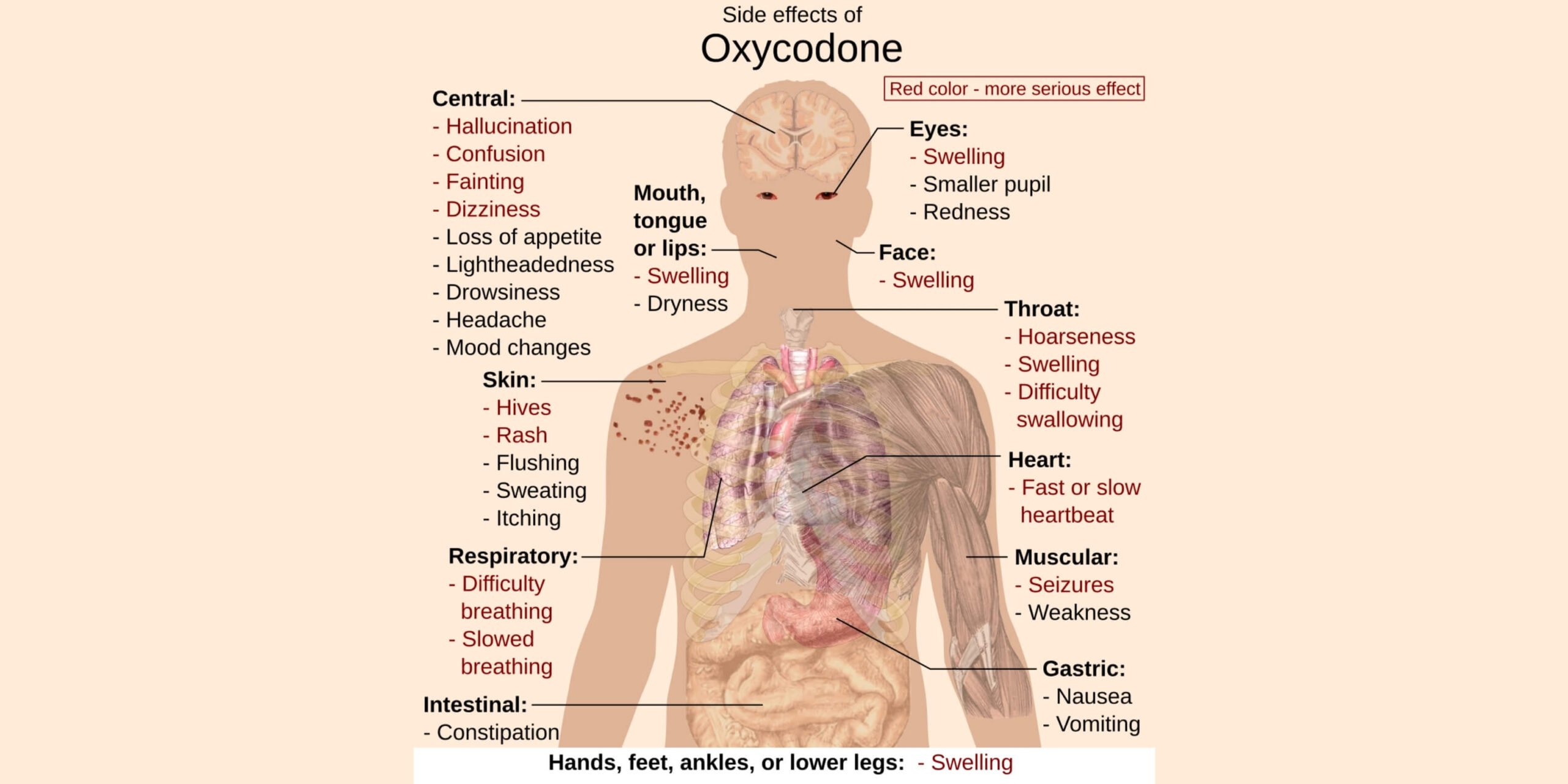“Sobriety is like my God, it changed my whole life,” Miley Cyrus once said. This quote captures the depth of her emotional and metal transformation in a way few headlines ever have. For many fans, Miley Cyrus sobriety is not just about staying away from substances, but it’s about choosing clarity, stability, and long-term healing every day.
Miley Cyrus has long been in the public eye for her bold performances, rebellious image, and personal challenges. Like other celebrities who’ve battled drug and alcohol use, she has shifted her focus toward sobriety and mental health awareness. Her journey reflects a deeper understanding of herself and a willingness to evolve beyond public expectations.
In this article, you’ll learn how Miley maintains her sobriety and mental health through structured therapy, creative expression, and personal accountability. You’ll also discover recovery tools backed by psychology, along with examples of how her story parallels others navigating similar paths. Her journey offers real-world insight and inspiration for anyone who is sober-curious or actively working through recovery.
Understanding Miley’s Path to Sobriety
The Wake-Up Call That Changed Everything
The early stages of Miley Cyrus’ sobriety journey began with her decision to quit marijuana in 2017. She later admitted to relapse during the pandemic and described being two weeks sober when she realized she needed help. Miley Cyrus opened up about sobriety by reflecting on her family’s history and how setbacks pushed her to reframe her journey as growth.
The Role of Family History in Recovery
Miley Cyrus has been completely sober for years but often credits her progress to understanding generational trauma. That awareness helped her seek dual diagnosis treatment, which allowed her to address both mental and substance-related challenges. Gaining this knowledge helped her release internalized shame and rebuild her identity around healing.
Mental Health Tools That Made the Difference
EMDR Therapy: A Game-Changer for Trauma
Miley shared that Eye Movement Desensitization and Reprocessing (EMDR) helped her process childhood trauma and the emotional intensity of fame. The method uses bilateral stimulation to safely revisit difficult memories without emotional flooding. This structure benefits people with addiction and trauma by providing a path to healing that feels both safe and empowering.
Building Daily Mental Health Practices
Miley uses daily breathwork, memory visualization, and anchoring techniques to manage anxiety and build resilience. She once said, “I don’t want to wake up feeling groggy anymore,” explaining how consistency in self-care supports her mental clarity. These habits create a mental library of positive experiences that help her stay emotionally grounded.
The Connection Between Creativity and Sobriety
Finding Authentic Voice Through Recovery
Miley Cyrus said she stays strong by being sober because it allows her to access emotions with more clarity. She explained that “Flowers” was the first song she wrote completely sober, and it helped her rediscover what honest creativity feels like. Sobriety helped her reconnect with buried talents and focus on writing music that reflects her lived experience.
Using Art as a Healing Tool
Miley has used songwriting and visual journaling to explore difficult emotions like grief, frustration, and loneliness. These creative activities became a form of emotional processing that replaces harmful coping mechanisms. For many in recovery, creative outlets such as music, painting, and movement mirror the goals of art therapy benefits in recovery.
Practical Strategies for Maintaining Mental Wellness
Building a Support Network
Miley reveals that while sobriety isn’t a common topic between them, surrounding herself with emotionally intelligent friends helps her stay grounded. She also stays in regular contact with therapists and mentors who support her mental health goals. Empath provides community-curated mental healthcare services, showing how layered support systems can help sustain emotional growth and recovery.
Developing Healthy Coping Mechanisms
Miley uses movement, silence, and expressive activities to redirect negative emotions and avoid relapse patterns. She has created a tooling of habits that help her regulate difficult feelings, especially during moments of stress. Practicing these skills during periods of emotional stability gives her a stronger foundation when challenges appear.
Some of her go-to strategies include:
- Journaling before bed
- Solo walks without technology
- Writing or performing music
- Cooking nourishing meals
- Listening to grounding playlists
These activities support emotional regulation and encourage healthy, sustainable routines.
Setting Boundaries and Priorities
Miley makes decisions with her recovery in mind and avoids environments that challenge her progress. “It’s not about missing out. It’s about staying in,” she explained when discussing her decision to skip parties and high-pressure events. This commitment allows her to prioritize wellness, form deeper relationships, and reinforce her recovery goals.
The Science Behind Recovery and Mental Health
Understanding the Brain in Recovery
Healing from substance use takes time, especially as the brain begins to rewire itself through neuroplasticity. It is common to feel emotionally unstable during early sobriety, with some people describing being for 1.5 years and miserable before finding balance. These symptoms reflect how the brain’s reward and memory systems gradually adjust, and it is important to normalize these challenges as part of the recovery process.
The Role of Dual Diagnosis Treatment
Dual diagnosis treatment addresses both mental health conditions and substance use disorders at the same time. This approach is necessary because untreated anxiety, depression, or trauma can interfere with addiction recovery and lead to relapse. Treating both conditions simultaneously leads to stronger and longer-lasting outcomes than addressing them separately.
Creating Your Own Recovery Plan
Finding the Right Professional Support
Recovery plans often start with therapy, where individuals can explore emotional patterns in a safe and structured environment. Approaches like CBT, DBT, ACT offer different paths to developing healthier responses to stress and trauma. Working with a therapist who aligns with your values and communication style helps build trust and improves long-term outcomes.
Developing Personal Practices
Identifying personal habits that promote calm and clarity is essential for long-term recovery. Miley created routines around music, nature, and mindfulness that helped her remain grounded during difficult moments. Daily practices do not need to be intense, but they do need to be consistent to make a lasting impact.
Planning of Challenges
Planning ahead for setbacks makes recovery more sustainable and less overwhelming. Miley built systems of accountability and learned how to recognize her own triggers and early warning signs. Developing a crisis plan, such as who to contact or what steps to follow, can make all the difference during high-stress situations.
Final Thoughts
Miley Cyrus sobriety is a daily choice that reflects her emotional awareness, lifestyle changes, and commitment to personal growth. She began this journey by quitting marijuana in 2017 and later learned from relapse during the pandemic. Her progress shows that recovery is about rebuilding stability over time, not achieving perfection overnight.
Miley’s openness about her struggles has made recovery feel more human and less unreachable. Her reflections on trauma, self-care, and boundaries help people understand that healing is not linear. By using their platforms to illuminate the path to recovery, public figures like Miley help normalize sobriety and make support feel more accessible.
People who experience both emotional health issues and substance use can benefit from dual diagnosis treatment. Treating both conditions at the same time gives people a better chance at staying grounded and avoiding relapse. Miley’s experience highlights the importance of finding support that addresses the full picture.
Recovery begins with an honest look at what needs to change. What habits or choices could lead you closer to the life you want? Like Miley, are you ready to commit a version of yourself that feels calm, clear, and real?
Frequently Asked Questions (FAQs)
How long does it typically take to achieve stable sobriety like Miley Cyrus?
The recovery timeline looks different for everyone, but emotional clarity often comes well after physical withdrawal ends. Miley said she felt for 1.5 years and miserable before she began to feel stable and grounded again. That experience reflects how emotional healing often takes time and continued support.
What should I do if I relapse during my recovery journey?
Relapse is common and does not erase the progress already made. Miley Cyrus opened up about sobriety challenges and explained that choosing to begin again was part of her long-term success. Returning to a recovery plan and asking for support can help you move forward with clarity.
What types of addiction treatment programs does Sunrise Recovery offer?
Sunrise Recovery in Indiana offers multiple levels of care, including individual therapy, group sessions, and recovery planning. They also provide access to tools like empath provides community-curated mental healthcare services, which support emotional healing alongside addiction treatment. These resources are designed to meet the full needs of each person in recovery.
Does Sunrise Recovery treat co-occurring mental health conditions alongside addiction?
Yes. Their approach includes dual diagnosis treatment, which helps individuals manage both substance use and mental health challenges. This integrated model improves long-term outcomes by addressing all factors contributing to addiction.
How can family members support a loved one’s recovery journey like Miley’s?
Families can plan an important role by learning what recovery really looks like and how to respond with empathy. Reading real recovery stories helps loved ones understand that healing takes patience, structure,and trust. Support without pressure makes space for lasting change.







